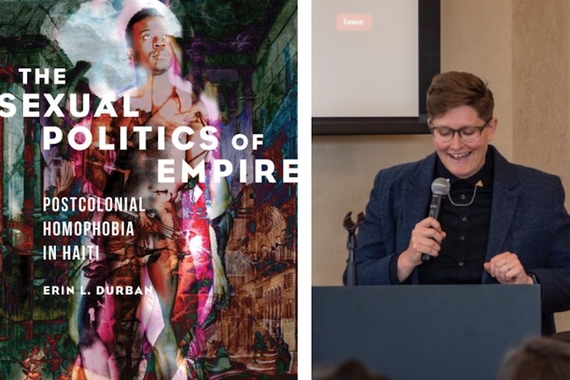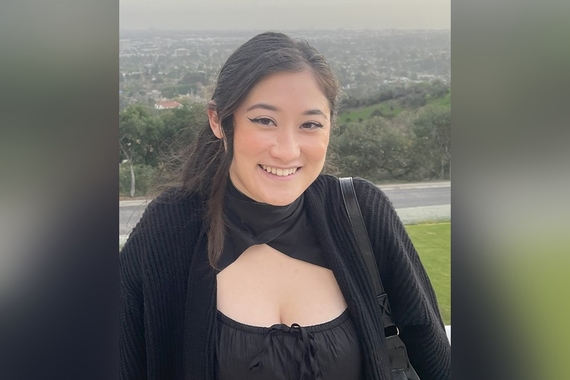Anthropology Undergraduate Prize Winners Calendar Year 2021
Each year, we recognize the best papers submitted by undergraduate students for a class or a capstone in the fields of archaeology (Elden Johnson Prize), biological anthropology (Neil C. Tappen Prize), and sociocultural anthropology (Robert F. Spencer Prize). Papers are nominated by faculty members teaching the course or advising the capstone project in which the paper was written, and all submissions are evaluated by the Undergraduate Committee. In addition, every year, we recognize outstanding service contributions by an undergraduate student with the Eugene Ogan Prize.
Please join us in congratulating the following students for exceptionally well-researched, well-written, and creative projects submitted for a course or capstone during the 2021 calendar year.
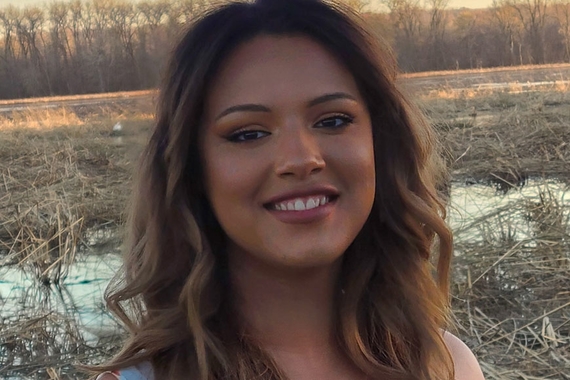
Neil C. Tappen Prize in Biological Anthropology for 2021
Independent Capstone Project Paper: "How Human Language Evolved: An Ontogenetic Perspective"
Professor Michael Wilson, who nominated Makayla’s paper, wrote that “Makayla Moses sought to test the extent to which ontogeny recapitulates phylogeny in language acquisition by examining lists of "first words" for children in various languages, and apes in language-training projects. To provide context to this analysis, Makayla reviewed a large body of work in disparate disciplines, including comparative psychology, neurobiology, and linguistics. She produced a thesis that was clearly written, creative, and thought-provoking.”
Makayla Moses is currently a full-time research professional for a nonprofit. She graduated Magna Cum Laude from the University of Minnesota - Twin Cities in the spring of 2021, and holds a B.A. in Anthropology and a minor in Sociology. Makayla plans to continue her higher education in the near future and pursue a career in advocacy and social justice in the nonprofit sector.
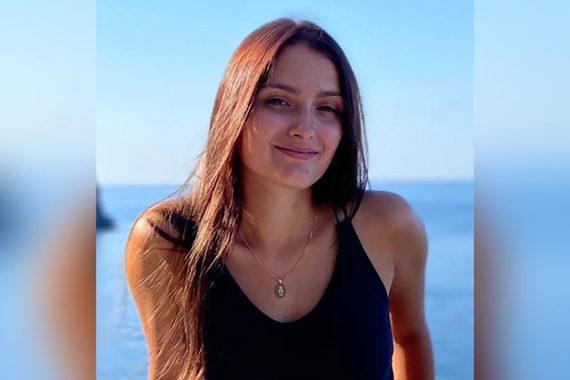
Elden Johnson Prize in Archaeology for 2021
Project submitted for ANTH 4077 Neanderthals: Biology and Culture of Humanity's Nearest Relative: "Late Pleistocene Iberian Neanderthal Dietary Ecology: Implications in Species Persistence and Extinction"
Professor Gillian Monnier, who nominated Makayla’s paper, wrote that “In this research paper, Aarilee explored the question of Neanderthal adaptations in different regions of Europe. In order to address the question of Neanderthal diet, she researched primary publications on the faunal records from four sites in the Iberian peninsula, and three sites in other parts of Europe (Croatia, France, and Italy). She showed that there is evidence that Neanderthals in the Iberian peninsula had a broader resource base, which may explain why they persisted later in that region than in other parts of Europe. This paper is a well-researched, well-written graduate-level paper on an important and timely subject.”
Aarilee is interested in paleoarchaeology/anthropology, particularly in exploring the vital connections between non-human animals and our own species' ancestors and kin. By analyzing and comparing faunal assemblages, we can get a better idea of how our ancient kin interacted with the living world around them and perhaps use this knowledge to better understand and guide our own interactions with the living world around us. She is planning to enroll in a master's program focused on zooarchaeology and then apply for PhD programs to continue studying archaeology. She is very passionate about sharing the amazing things that we can learn from the past and hopes to one day become an educator and engage in SciComm outreach. Outside of her studies, she enjoys spending time with her favorite people, learning languages, hosting elaborate dinner parties, and being outdoors.
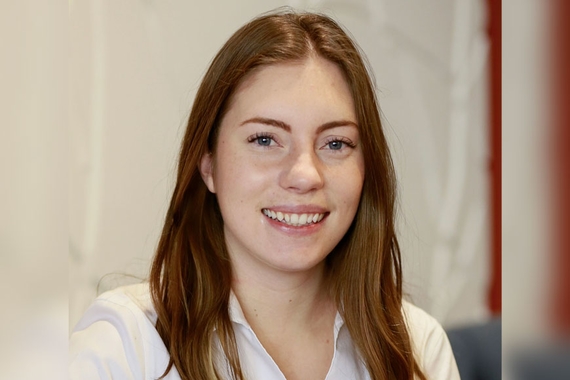
Robert F. Spencer Prize in Sociocultural Anthropology for 2021 Independent Capstone Project Paper: "Trajectories of Policing: An Exploration of the 'Local' Transformations of Policing in a Global Context"
Professor Karen Ho, who nominated Katie’s paper, wrote that “Katie Nichols’ paper is an insightful, fluidly written paper that counters some of the normative approaches to police violence framed around the problem of “implicit bias” in individual officers. Drawing on and expanding Clifford Geertz’s powerful theme of “webs of significance,” Nichols delves into the long histories of settler colonialism, enslavement, anti-blackness, and capitalism to analyze the intersecting webs that produce a deeply rooted “torture tree” of endemic police violence in the name of protecting our hierarchical social order. She brilliantly makes the connection that the seeming “immorality” of police violence is the result of our larger moral economy, where police resentment of the “dirty” work they must do to protect racist and classist structures (which are themselves often absolved from blame) is precisely what produces the excess that is both normalized and blamed as “bad apples.” She closes this wonderful paper with an analysis of how Derek Chauvin’s murder of George Floyd can be better understood through these intersecting webs.”
Katie Nichols graduated from the University of Minnesota Twin Cities in August 2021 with a B.A. in Anthropology and a minor in German. She currently works as a Legislative Assistant for Senator Ann H. Rest at the Minnesota Senate. Nichols was recently designated as an Alternate for a Fulbright Research Fellowship in Germany. If granted the award she would complete a master's in European Studies while conducting research on the rise of alt-right parties in Eastern Germany.
Eugene Ogan Prize (Service Award)
Each year, the Department of Anthropology awards the Eugene Ogan Prize to students who have provided outstanding service to the undergraduate anthropology community. This year the prize was awarded jointly to the two Club co-presidents, Amina Adem and Paul Schneider-Krumpus.
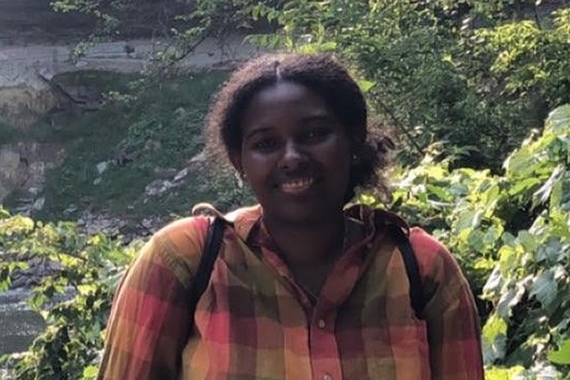
Amina Adem is a senior year anthropology student who will graduate in May 2022. In her spare time, she enjoys listening to podcasts and making travel plans for post-graduation. She aspires to be a museum administrator and/or curator one day.
She has been a part of the Anthropology Club since her freshman year as a general club member, then as secretary during her sophomore year and vice president for her last two academic years. Some of her duties have included writing the student and faculty newsletters, leading discussion topics, and clubroom operations.
As part of Amina's work for the Annual Anthropology Conference, she aids in finding keynote speakers who have published work relevant to the conference's topic and communication between speakers and officers. During COVID, she along with other club officers brainstormed how to virtually hold the conference so as to not cancel the yearly tradition. One thing she would like to point out is the teamwork and time dedicated by all officers to put together not just the conference but all club events. Joining the Anthropology Club has given her access to numerous opportunities as a student and life-long friends.
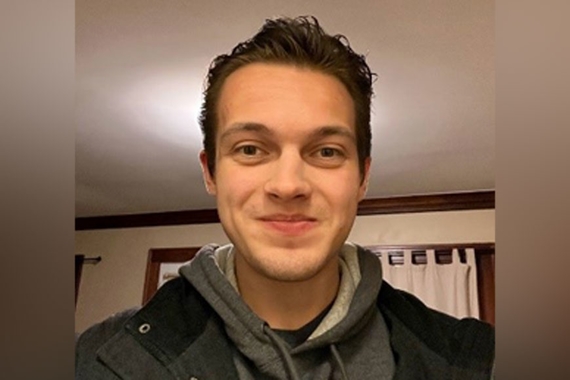
Paul Schneider-Krumpus is currently a senior studying for a double major in history and anthropology, with minors in linguistics and neuroscience. He has been an officer of the Anthropology Club since sophomore year and is now serving as the club’s president. He likes studying languages and writing. Paul plans to continue studying history in graduate school following a gap year after receiving his B.A.
“Anthropology Club is a student group that provides a space for all students interested in anthropology to learn and discuss anthropology with peers, and to explore the opportunities and resources available to them through the Department of Anthropology and the University of Minnesota in general. Anthropology Club hosts discussions every week, as well as game nights, movie nights, field trips, Finals Freakout, Professor Meet and Greet, Anthropology Outside of Academia, and more. Every February, the club also hosts the Annual Undergraduate Anthropology Conference, an event that brings keynote speakers from the University of Minnesota and across the United States together to present new research in anthropology, now in its 43rd year.
As president [of the Anthropology Club], I help direct the club’s energy in ways that let us achieve our goals, both long-term and short-term. I keep the club in good condition by attending to administrative needs; assuring we do not lose sight of previously set goals; maintaining relationships with university entities, community partners, and other student groups; and monitoring the successful execution of all of the club’s tasks, commitments, and correspondences. As the club’s former treasurer, I am especially prepared to address the club’s financial needs and responsibilities. More than anything, I participate in Anthropology Club’s officer corps and general membership as a peer and recognize the collaborative nature of the club’s success in providing a productive and welcoming space to all members.
Being a part of the Anthropology Club has been a very fulfilling experience, and I am grateful that I have an opportunity like this to help create a space where people can express their interests in anthropology among fellow students. Club has always been a constructive and meaningful place where great ideas are shared and great friendships are formed.”
